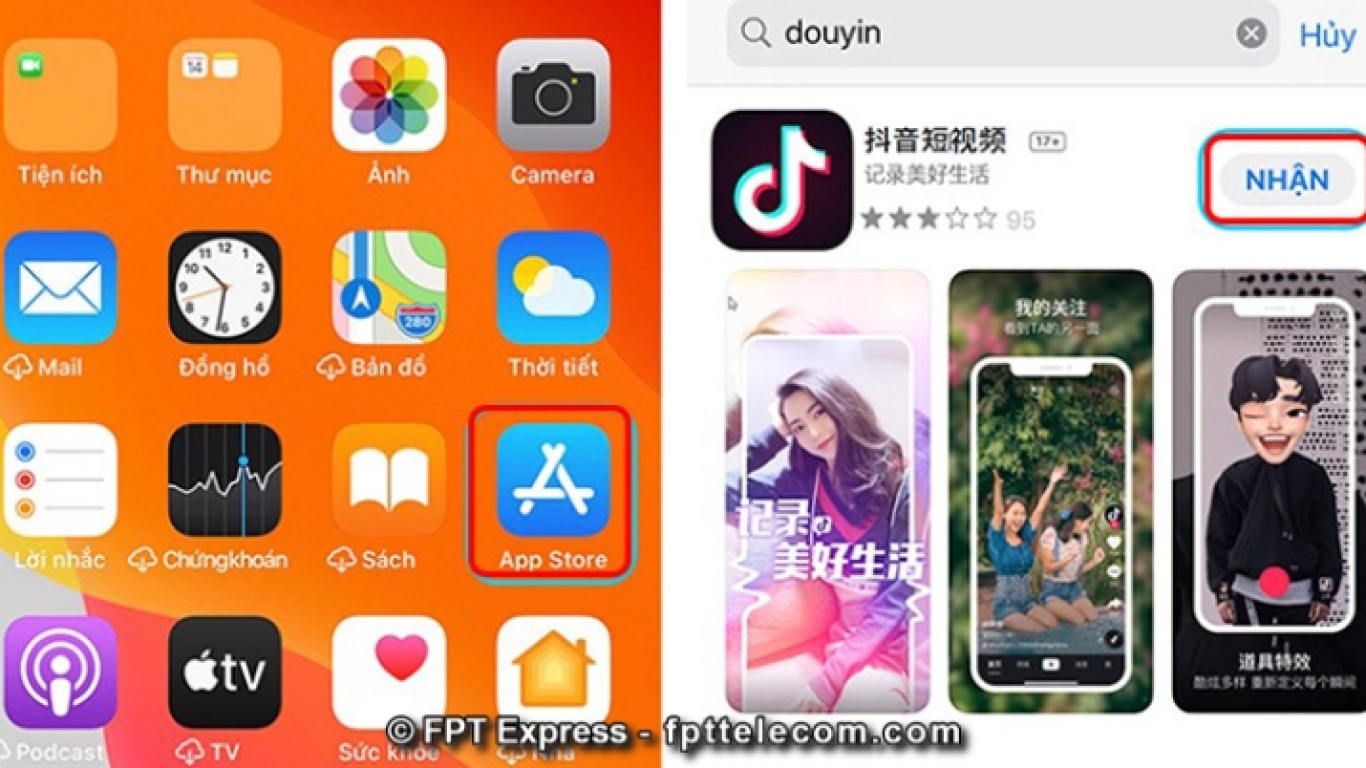
Silicon Valley has produced some of the world’s most profitable companies. With the prospect of becoming the next Facebook or Google, tech startups are often able to raise billions of dollars from investors in the span of just a few years.
The goal of every tech startup is to become a unicorn — a private company valued at more than $1 billion. Even more exclusive are decacorns — companies with a valuation of more than $10 billion. The decacorn club includes companies such as SpaceX with its $15 billion valuation, Snapchat and its $20 billion valuation, and Airbnb with its $30 billion valuation. Even greater, in a club on its own — the most valuable startup in the world — is ride-sharing service Uber. The company achieved unicorn status in August 2013 and its valuation has since grown to $66 billion, more than any other tech company by at least $20 billion.
Click here to see the world’s 13 most valuable startups.
Generally, a valuation of an established company is based on current and future operations and financials. Additionally, peer companies in the same industry provide context for the valuation. In venture capitalism, however, there are often no existing examples to draw from because the startups are developing brand new technologies for which there are no precedents. The valuation for many unicorns is therefore often based on speculation around the burgeoning industry and the level of confidence in the company’s ability to develop its current and future operations.
In the case of Uber, the company’s valuation is based on a fair amount of speculation because no company has ever competed with taxi services on a global scale before.
Due to the many unknowns and uncertainties, many argue that these unicorns are overvalued, and that the recent explosion in the number of unicorns is unwarranted. Chinese electronics company Xiaomi has raised an estimated $1.5 billion, a fraction of its $46 billion valuation. Uber has raised an estimated $15.8 billion, far less than its $66 billion valuation. Some speculate that the unicorns’ high valuation is a sign of another tech bubble.
Though many argue that Uber is dramatically overvalued, big investors are likely banking on an even more evolved future. Using a team of roboticists from Carnegie Mellon University, the company recently rolled out a fleet of driverless cars in Pittsburgh. If the program is successful and can be implemented on a larger scale, it will minimize overhead and dramatically increase profits.
When the company was founded in May 2009, Uber was an iPhone app that made requesting a ride as easy as hitting a button on a phone. Since then, the company has evolved into a far-reaching logistics network, providing ridesharing and delivery services to millions of users.
Want to read more? Click here to see the full list of the 13 most valuable startups.
Take Charge of Your Retirement: Find the Right Financial Advisor For You in Minutes (Sponsor)
Retirement planning doesn’t have to feel overwhelming. The key is finding professional guidance—and we’ve made it easier than ever for you to connect with the right financial advisor for your unique needs.
Here’s how it works:
1️ Answer a Few Simple Questions
Tell us a bit about your goals and preferences—it only takes a few minutes!
2️ Get Your Top Advisor Matches
This tool matches you with qualified advisors who specialize in helping people like you achieve financial success.
3️ Choose Your Best Fit
Review their profiles, schedule an introductory meeting, and select the advisor who feels right for you.
Why wait? Start building the retirement you’ve always dreamed of. Click here to get started today!
Thank you for reading! Have some feedback for us?
Contact the 24/7 Wall St. editorial team.




